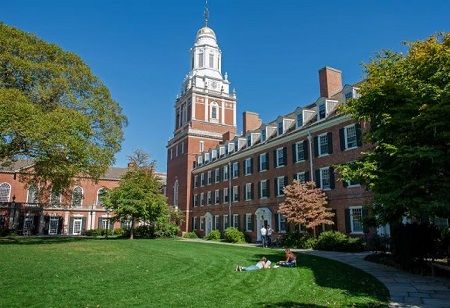The second-highest-ranking U.S. diplomat suggested that the United States should encourage more students from China to study humanities instead of sciences. He highlighted that American universities are restricting Chinese students' access to sensitive technology due to security reasons.
Deputy Secretary of State Kurt Campbell expressed concern about the insufficient number of Americans pursuing science, technology, engineering, and mathematics (STEM) studies. He emphasized the need for the U.S. to attract more international students in these fields, focusing on India, which has become an increasingly vital security partner, rather than China. Historically, Chinese students have constituted the largest group of foreign students in the U.S., numbering nearly 290,000 in the 2022/23 academic year. However, some in academia and civil society argue that worsening U.S.-China relations and fears of intellectual property theft have disrupted scientific collaboration and unfairly cast suspicion on Chinese students.
"I would like to see more Chinese students coming to the United States to study humanities and social sciences, not particle physics", Campbell told the Council on Foreign Relations think-tank. Campbell was asked about the China Initiative introduced by the Trump administration, intended to combat Chinese espionage and intellectual property theft, which ended under the Biden administration after critics said it spurred racial profiling of Asian Americans.
Campbell said U.S. universities had made 'careful attempts' to support continuing higher education for Chinese students but had also been "careful about the labs, some of the activities of Chinese students". "I do think it is possible to curtail and to limit certain kinds of access, and we have seen that generally, particularly in technological programs across the United States", he said. Campbell said some had suggested that China was the only source to make up the shortage of science students. "I believe that the largest increase that we need to see going forward would be much larger numbers of Indian students that come to study in American universities on a range of technology and other fields".
Campbell said the U.S. had to be careful not to eliminate links between China and the U.S., but officials in Beijing were largely to blame for any withering in academic, business, or non-profit sector ties. "It really has been China that has made it difficult for the kinds of activities that we would like to see sustaining", Campbell said, adding that foreign executives and philanthropists were wary about long-term stays in China due to concerns about personal security.

